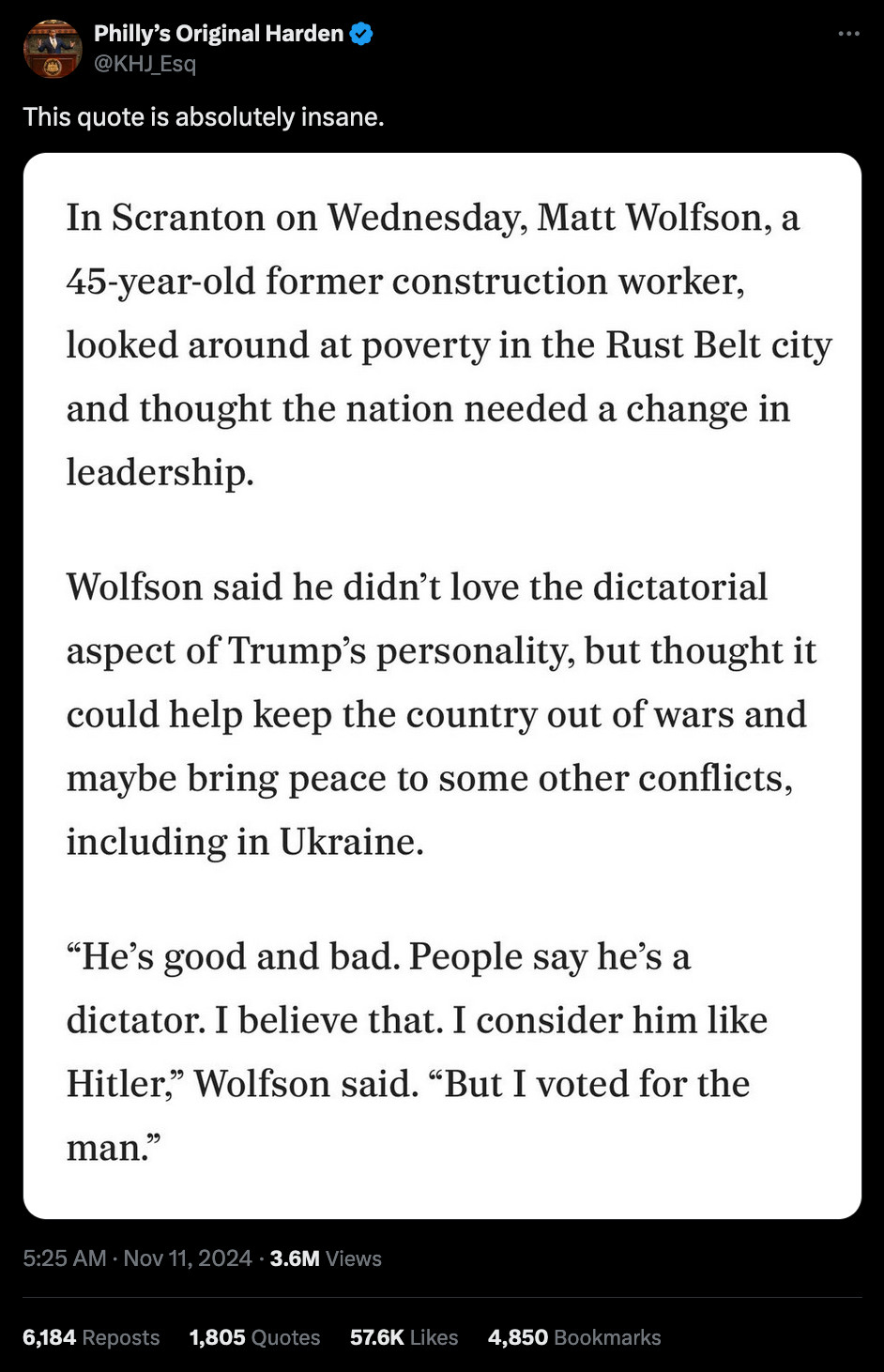this post was submitted on 12 Nov 2024
1169 points (98.0% liked)
Microblog Memes
5765 readers
2504 users here now
A place to share screenshots of Microblog posts, whether from Mastodon, tumblr, ~~Twitter~~ X, KBin, Threads or elsewhere.
Created as an evolution of White People Twitter and other tweet-capture subreddits.
Rules:
- Please put at least one word relevant to the post in the post title.
- Be nice.
- No advertising, brand promotion or guerilla marketing.
- Posters are encouraged to link to the toot or tweet etc in the description of posts.
Related communities:
founded 1 year ago
MODERATORS
you are viewing a single comment's thread
view the rest of the comments
view the rest of the comments

Alright, let’s clear this up. The Molotov–Ribbentrop Pact wasn’t what brought the US into WWII. That pact was a non-aggression agreement between Nazi Germany and the Soviet Union signed in August 1939, which allowed both powers to avoid fighting each other while they focused on expanding their influence in Europe. This agreement directly led to the invasion of Poland and the start of WWII in Europe, but it didn't prompt US involvement.
The US didn’t enter the war until December 1941, over two years later, after Japan attacked Pearl Harbor. That was the actual catalyst. Up until then, despite plenty of pro-Nazi and anti-Nazi sentiments among the populace, the US had largely followed an isolationist policy, though they supported the Allies with programs like Lend-Lease to aid Britain. The US's decision to go to war was mostly a response to Japanese aggression, and Germany’s declaration of war on the US shortly afterward sealed the deal for full US involvement in both the Pacific and European theaters.
So yeah, the Molotov–Ribbentrop Pact was important for starting the conflict in Europe, but it wasn’t why the US entered WWII.
I didn't say it brought USA into the war, I said it was what kicked off ww2 and it was the fault of the soviets + nazi germany.
You are correct, but you misunderstood me, or I wasn't clear enough.
Edit: I was not clear enough, I edited my post. In my mind the two things were separate, I just didn't have the writing skills.
You literally did
Now, perhaps this isn't what you meant to say. It is, however, what you said
It's two things, separated by a comma. Like apples are green, I went to the doctor yesterday. Not very good writing I admit.